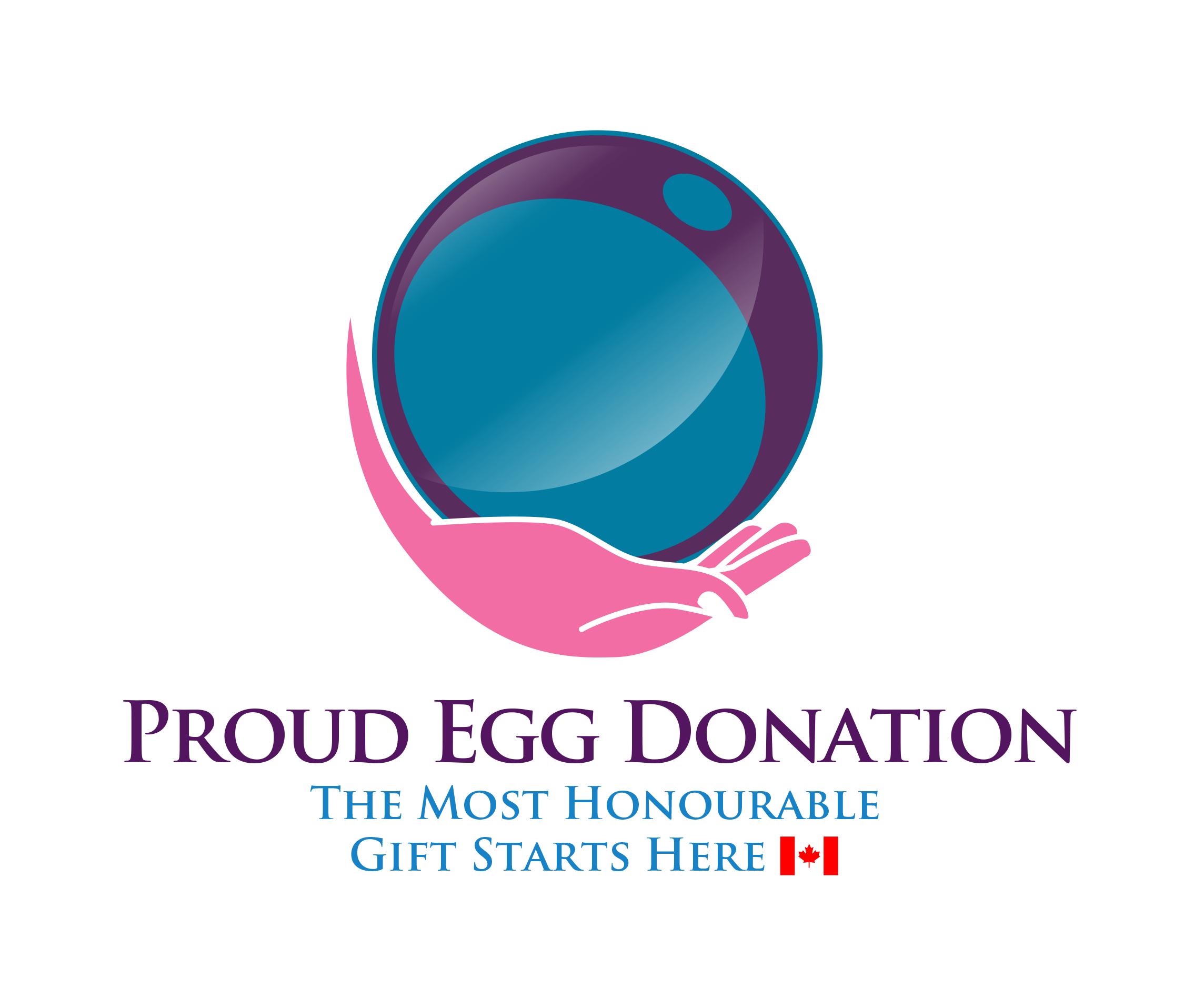When you choose an egg donor she will need to visit your fertility clinic for screening. The screening and testing process for egg donors varies, and every clinic and reproductive endocrinologist (fertility doctor) has a different process for screening egg donors.
Prior to beginning a retrieval cycle, your fertility doctor may want to know more about your egg donor’s ovarian reserve (potential egg supply) and how well she is likely to respond to the medications they will give to stimulate egg maturation. This information helps your fertility doctor create a customized treatment plan for your individual donor and gives you the best chance of a successful retrieval cycle. The information collected in her screening will also reduce the risk of your donor experiencing ovarian hyperstimulation syndrome (OHSS).
None of the tests your egg donor undergoes will give an accurate picture of what the likelihood of success is or how your doctor should best treat your egg donor. None of these tests provides a guarantee that the retrieval process will be either be successful or unsuccessful. Fertility clinics often perform a series of tests and may include:
- Anti-Mullerian Hormone (AMH) level
- The Antral Follicle Count (AFC)
- Follicle Stimulating Hormone (FSH) and Luteinising Hormone (LH)
Anti-Mullerian Hormone (AMH) Test
The Anti-Mullerian Hormone (AMH) test is the test that many Intended Parents think of when they are asking our staff about the what their egg donor will undergo. Anti-Mullerian Hormone is produced by the ovarian follicles that are developing in the ovaries. It can be a good indicator of how many eggs your egg donor has available in reserve. During your egg donor’s menstrual cycle a simple blood can measure this hormone.
AMH levels tend to decrease as women age but it is not unheard of for women in their twenties to have lower AMH levels or for women in their thirties to have high AMH levels. Depending on the egg donor’s AMH level, it may not be in her best interest to proceed with egg donation. She may end up requiring high doses of medication for a successful outcome.
Antral Follicle Count (AFC) Test
When an ovarian follicle develops to a certain stage an antrum (fluid-filled cavity) develops within it called an Antral Follicle. Using a vaginal ultrasound scan, these partially developed follicles can be counted (Antral Follicle Count), providing an indicator of the number of mature follicles that may be stimulated during an egg donation cycle.

Follicle Stimulating Hormone (FSH) and Luteinising Hormone (LH) test
Follicle Stimulating Hormone (FHS) and Luteinising Hormone (LH) are measured in a combined blood test performed at days 2-6 of the egg donor’s menstrual cycle.
Follicle Stimulating Hormone (FHS), produced by the pituitary gland, stimulates the follicles in the ovaries to mature. The eggs mature and the ovaries release estrogen. If there is not enough estrogen in the blood the pituitary gland releases more FHS to further stimulate the ovaries. Therefore, elevated levels of FHS may indicate a lower ovarian reserve.
Luteinising Hormone (LH) is also produced by the pituitary gland and helps to stimulate ovulation. Your doctor may compare FHS to LH.
Each of these tests alone is not a good indicator of how successful your egg retrieval may be with your egg donor. Together, they paint a picture of how to best treat the egg donor to have a successful egg retrieval cycle. None of these tests guarantee that your egg donor’s cycle will result in healthy eggs. It is possible to have a very successful retrieval with lower AMH levels. Overall, it is important to discuss the results with your fertility doctor.
We can help you begin your journey to receiving donor eggs.
Complete an Intended Parent Interest Form to learn more about finding an Egg Donor in Canada.

